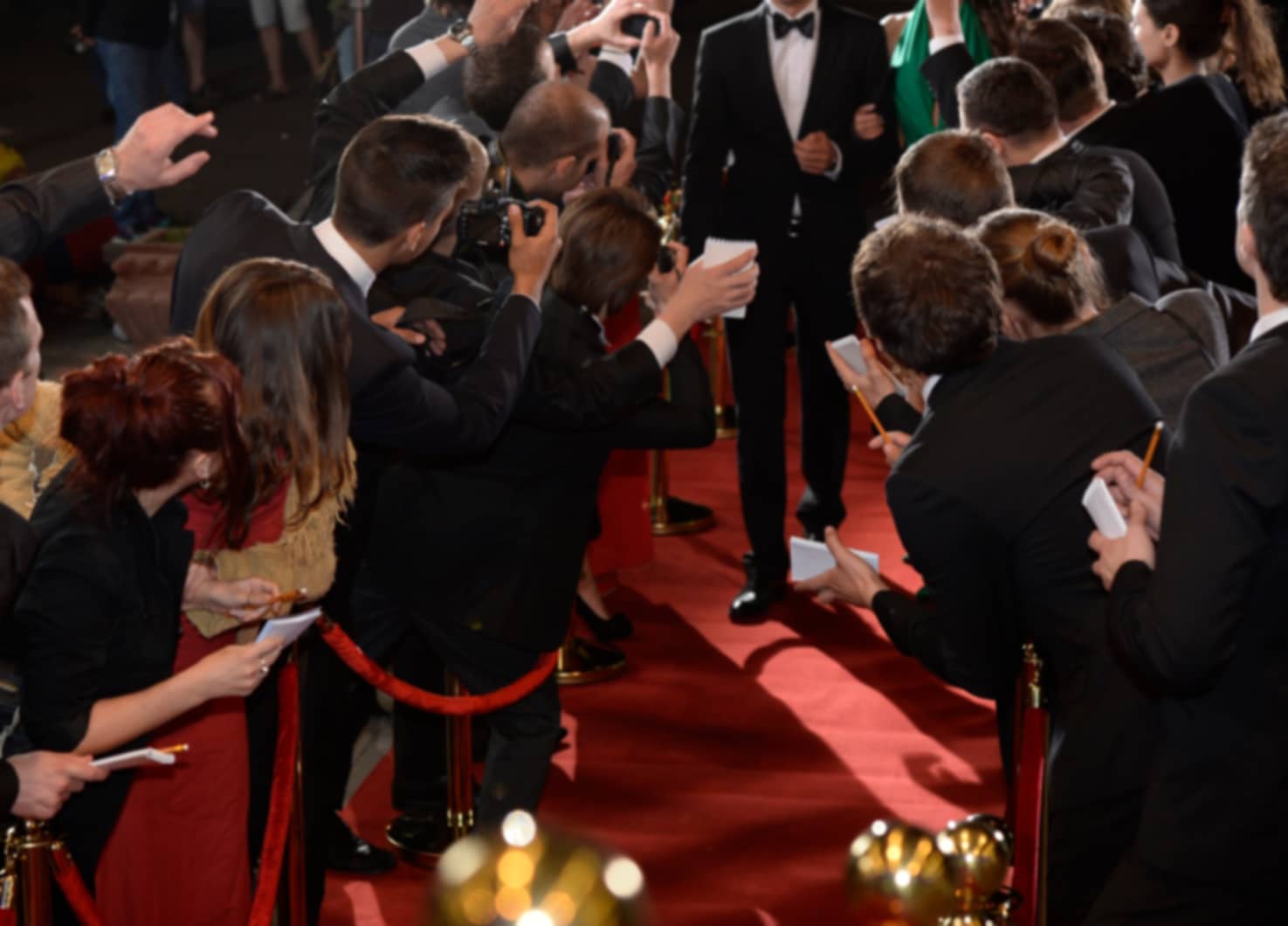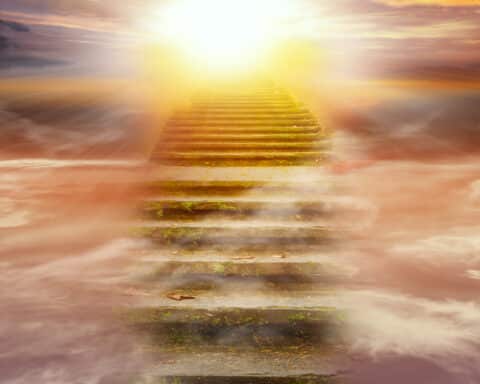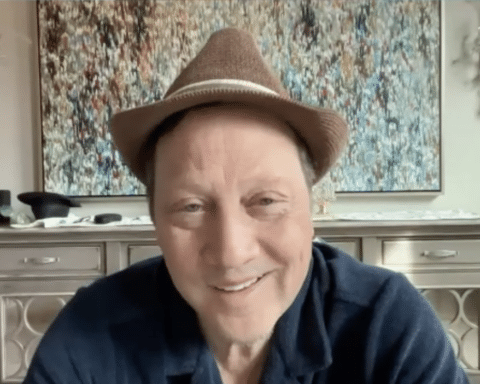Newspapers love to run stories about celebrities being weird or self-destructive, because celebrity-obsessed Americans gobble them up. People reading them naturally ask why celebrities “spin off into eccentricity and madness,” actor-director-novelist Ethan Hawke wrote a few years ago.
He’d gotten famous at 18 (he’s now 52), when he played one of Robin Williams’ students in the hit movie “Dead Poet’s Society,” and had to think about what fame does to people. “It has to do with isolation,” he wrote in “Rolling Stone,” in a long profile of Kris Kristofferson. “If you put a human being into any isolation chamber, they will hallucinate.”
Isolating celebrity
He explains: “Celebrity is a form of isolation. You are cut off from your community, people react and respond to you in an altered fashion. They give you exemptions from the normal rules of social engagement, they indulge you.” Celebrities live “behind a glass wall,” and the more attention they get, the more alone they feel.
When someone’s so isolated and alone, Hawke writes, “a snake of madness and megalomania creeps into even the most stable mind. The more fame, the more poison you swallow.” That explains why the celebrities covered in the newspapers do things you would think no one would ever do, at least in public — the exploits that make you ask, what is wrong with these people?
Hawke, who seems to be an unusually thoughtful person, says there is a cure. “The cure, the healing elixir — in my experience — is friendship.”
Being a celebrity isolates you, and isolation of that sort is bad for anyone, because you’re isolated on top of a pedestal. That’s true of celebrities like Ethan Hawke, and even more so of the hundreds of people who have even more celebrity status than he has, especially the celebrities featured in the newspapers for being weird and destructive.
True of nearly everyone
It’s true of the local politician and the party official, the successful businessman and the philanthropist with money to give away, the artist and the actor, the journalist and the novelist. It’s even true of the life-of-the-party guy everyone loves to have around and the guy who holds forth in the coffee shop or the bar.
In the Church, it’s true of the priest, and the bishop even more than his priests, the diocesan official, the theologian and the Catholic college professor, the Catholic journalist, the touring expert and the well-known podcaster. It’s even true of the visiting speaker and the lowly writer.
It’s true of anyone to whom strangers respond, “Oh, you’re …” or “Oh, you do …”. The celebrities may not want the attention, but people give it out widely and easily. Too many people are too easily impressed.
Everyone who has any fame or status, however minor, becomes a celebrity among some people. The pedestal you stand on may be short, but it raises you at least a little bit above the people you’re with.
St. Simeon Sylites could turn being on a pedestal to good use, but few of the rest of us can. We like the feeling of being special — even just a little tiny bit more special than the people we’re with — too much. Even a little bit of such isolation can hurt us. We won’t get in the newspaper, but we’ll be just a little more prideful or a little less concerned with others, or in some way corrupted by our tiny bit of celebrity.
The friends one needs
As Hawke says from his own painful experience, the celebrity, however minor, needs friends. But friendship of a particular kind. Hawke doesn’t say much about what kind of friendship the celebrity needs, other than that good friends understand each other. That’s partly what the celebrity needs, but not all.
The celebrity most needs friends who aren’t celebrities, who know him and aren’t impressed by him — or if they are, don’t let it show. He needs friends who care for him not only despite his faults, but while telling him as needed about his faults. And friends he’d rather please than please anyone else in the world and whom he most fears disappointing.
Like coaches, they will call on your faults and press you to improve. They should appreciate the gifts that make you a celebrity, and encourage you in using them, but not feel they make you special.
The ideal friend is entirely on your side, so on your side that he’s willing to tell you when you’re not being your best self, and you’re able to hear it. And you hold his friendship so dear that you will want to change to be the person he wants you to be.
The greatest friendship of this sort is, of course, friendship with Jesus. He loves you and he’s got your number. You’re not a celebrity to him.





